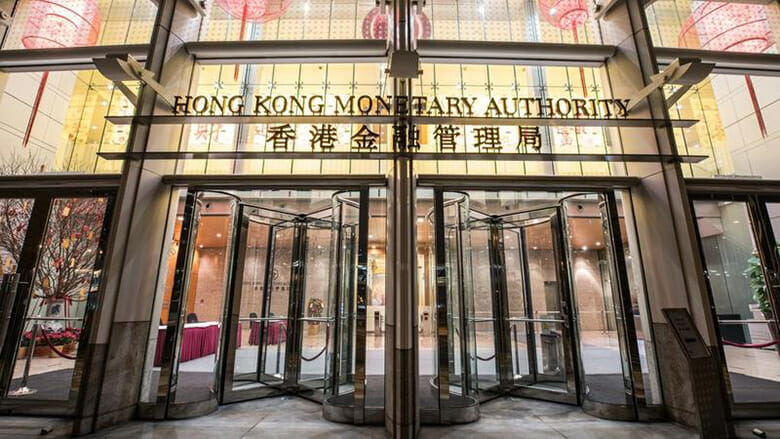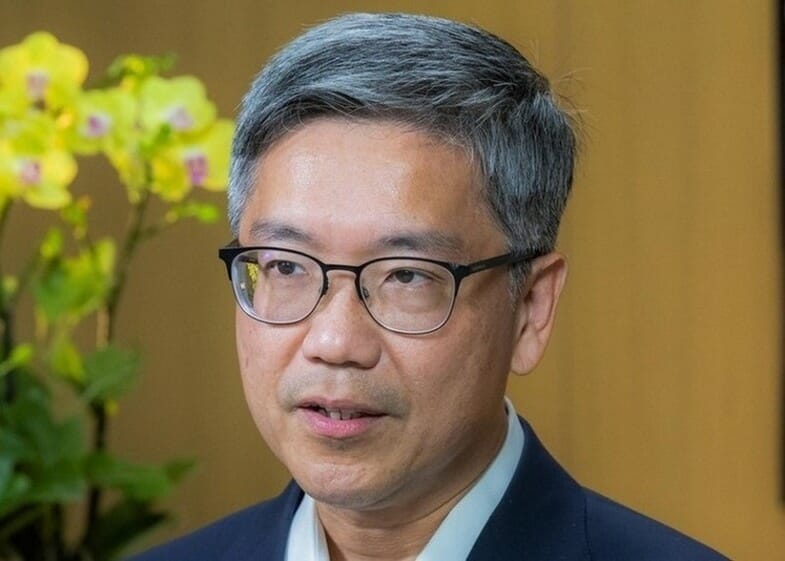
The HKMA says the new threshold still gives lenders leeway to manage financial risk
As Hong Kong’s residential market slides against a backdrop of rising interest rates, the city’s central banking authority has made it easier to buy a home by relaxing stress-testing rules.
The Hong Kong Monetary Authority announced Friday that it was immediately lowering the interest rate stress-testing requirement for mortgage lending from 300 basis points to 200 basis points, in a move likely to be greeted warmly by local developers.
The new benchmark, which applies to mortgage loans for all types of properties, is to ensure that a borrower has adequate financial ability to cope with a rise in interest rates of 200 basis points, a level that the HKMA considers sufficiently prudent from the perspective of effective risk management.
“Even though the stress testing requirement of the HKMA is lowered, members of the public should note that mortgage rates may increase amid the current interest rate environment,” the authority said Friday. “They should carefully assess the interest rate and other financial risks involved before making property purchase, investment and financing decisions.”
Rate Hikes Bite
In a memo circulated Friday, HKMA deputy CEO Arthur Yuen noted that major central banks have tightened monetary policy to fight inflation, with the US Federal Reserve hiking its key rate five times by a total of 300 basis points since March.

HKMA deputy CEO Arthur Yuen
“Locally, the one-month Hong Kong Interbank Offer Rate has risen from 0.3 percent to over 2.5 percent, causing the effective interest rates of most HIBOR-based mortgage loans to reach their interest rate caps,” Yuen said. “In response to the rise in funding costs, many banks have earlier raised their interest rate caps for new HIBOR-based mortgages and more recently their prime lending rates.”
Bloomberg reported last week that elevated borrowing costs threaten to drive Hong Kong’s housing market to its lowest affordability in 24 years, with the portion of monthly household income needed to make mortgage payments potentially reaching 60.1 percent if mortgage rates rise to 3.5 percent.
According to an analysis cited in the South China Morning Post, Hong Kong homebuyers have lost HK$1 million ($130,000) in purchasing power since January as HIBOR and banks’ prime rates have surged.
Seeking Stability
Rosanna Tang, executive director and head of research for Hong Kong at Cushman & Wakefield, said the stress-testing requirement was originally targeted to act as a buffer for homebuyers with a formula of “mortgage rate plus 3 percent”.
“Now with the mortgage rate picking up, it makes sense for the government/HKMA to lower the 3 percent to 2 percent so as to keep up the buffer without making conditions even harder for potential homebuyers, and this may also help to stabilise home prices amid the current weak economy,” Tang told Mingtiandi.

Rosanna Tang of Cushman & Wakefield
In its Hong Kong residential market report, Cushman & Wakefield said sale and purchase agreements in the third quarter of 2022 fell by 39 percent year-on-year and by 22 percent from the preceding three months to reach a total of 11,600 deals in the period.
An unexpectedly slow pace of economic recovery has combined with rising interest rates to stifle secondary sales in the residential market, Tang said.
“Meanwhile, the primary market has been relatively more active, with developers launching new flats with competitive pricing in the Q3 period,” she said. “We believe the primary market will remain the focus over the next few months, supported by solid pent-up housing needs from young families, first-time buyers and home upgraders.”
Cushman & Wakefield forecasts full-year residential transaction volume to drop by 35 percent from last year’s high base, with residential prices declining in a range of 5 to 8 percent compared with 2021 levels.
Leave a Reply